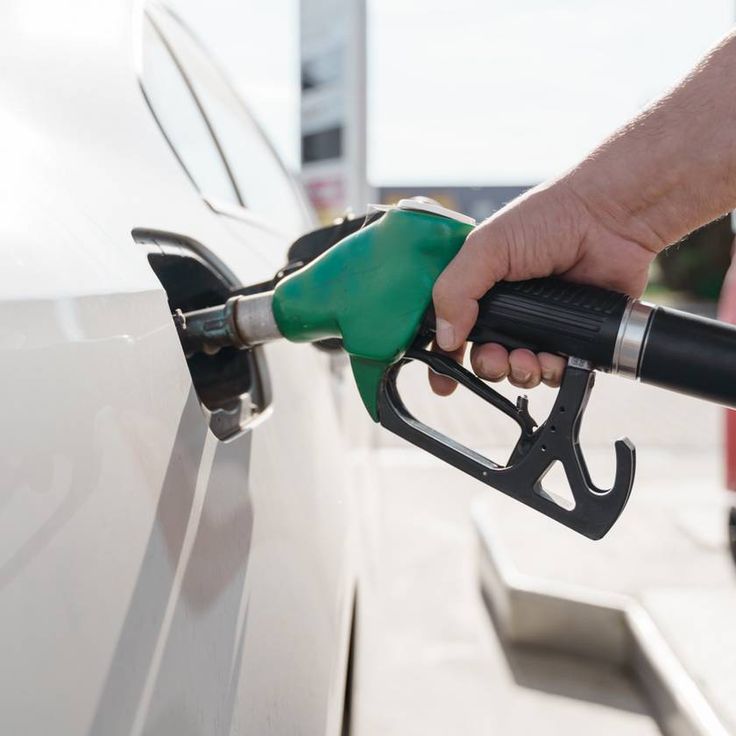Repair instructions
What Happens if You Put Diesel in a Gas Car or Gas in a Diesel Vehicle?
Summary:
- Adding diesel to a gasoline-powered vehicle may allow the car to run until the gasoline is exhausted, but eventually, the engine will shut down. Gas engines cannot combust diesel fuel.
- If you put gasoline into a diesel engine, it can ignite too early in the combustion cycle, leading to severe engine damage.
- If you accidentally fuel your vehicle with the wrong type of fuel, do not start the engine. Have it towed to a professional repair shop where the fuel tank and system can be properly cleaned.
What Happens if You Put Diesel in a Gas Engine?
At many fueling stations, diesel nozzles are designed to prevent accidental misfueling. They’re larger in diameter and often color-coded differently from gasoline nozzles, but mistakes still happen. If you mistakenly fill your gas tank with diesel, here’s what you can expect:

If only a small amount of diesel is added to a mostly full tank of gasoline, the vehicle might run poorly, but the engine will usually continue running until the gasoline runs out. However, adding a significant amount of diesel can lead to the engine shutting down completely once the gasoline in the fuel lines is used up, as a gasoline engine cannot burn diesel fuel.
In cases of substantial misfueling, the car will require towing to a service facility. There, a mechanic will need to drain the tank and flush the fuel system thoroughly. In some cases, this could involve costly disassembly and repairs, especially if fuel has entered other components of the engine.
Running diesel fuel through a gasoline engine can also cause hydrolock—this is when incombustible diesel fuel enters the engine’s cylinders, preventing them from compressing properly. This can lead to extensive and expensive internal engine damage.
What Happens if You Put Gas in a Diesel Engine?
It’s often easier to put gasoline in a diesel vehicle than the other way around, due to the smaller nozzle diameter of gasoline pumps. While some newer diesel vehicles are equipped with anti-misfueling devices, many older models lack these features, which increases the risk of a costly mistake.
Gasoline and diesel fuel are fundamentally different. Diesel engines rely on the lubrication properties of diesel to keep internal components functioning smoothly, and gasoline lacks these essential lubricating properties. So, when gasoline is introduced into a diesel engine, it can damage critical components like the high-pressure fuel pump and fuel injectors.
If a substantial amount of gasoline is added to a diesel tank, the gasoline may ignite prematurely in the engine’s combustion cycle. This can result in severe damage to vital internal engine parts. Even a small amount of gasoline can cause problems, though, so it’s important to act quickly if this mistake occurs.
What Should You Do if You Put Diesel in a Gas-Powered Car or Vice Versa?
If you’ve accidentally filled your car with the wrong fuel, do not start the engine. Starting the engine can spread the wrong fuel throughout the system, causing further damage. The best course of action is to have the vehicle towed to a professional repair facility immediately. There, technicians can properly drain the tank and flush the fuel system to minimize the risk of lasting damage.
How to Avoid Putting the Wrong Type of Fuel in Your Car
Many gas stations have made it easier to avoid fueling mistakes. Diesel nozzles are typically larger in diameter than gasoline nozzles, and the handles are usually color-coded—green for diesel and black for gasoline. However, some older stations may not follow these standards, so it’s always a good idea to double-check the label on the pump to ensure you’re fueling with the right type of fuel.
If you’re unsure, take a moment to verify before fueling your vehicle to avoid costly repairs down the road.
